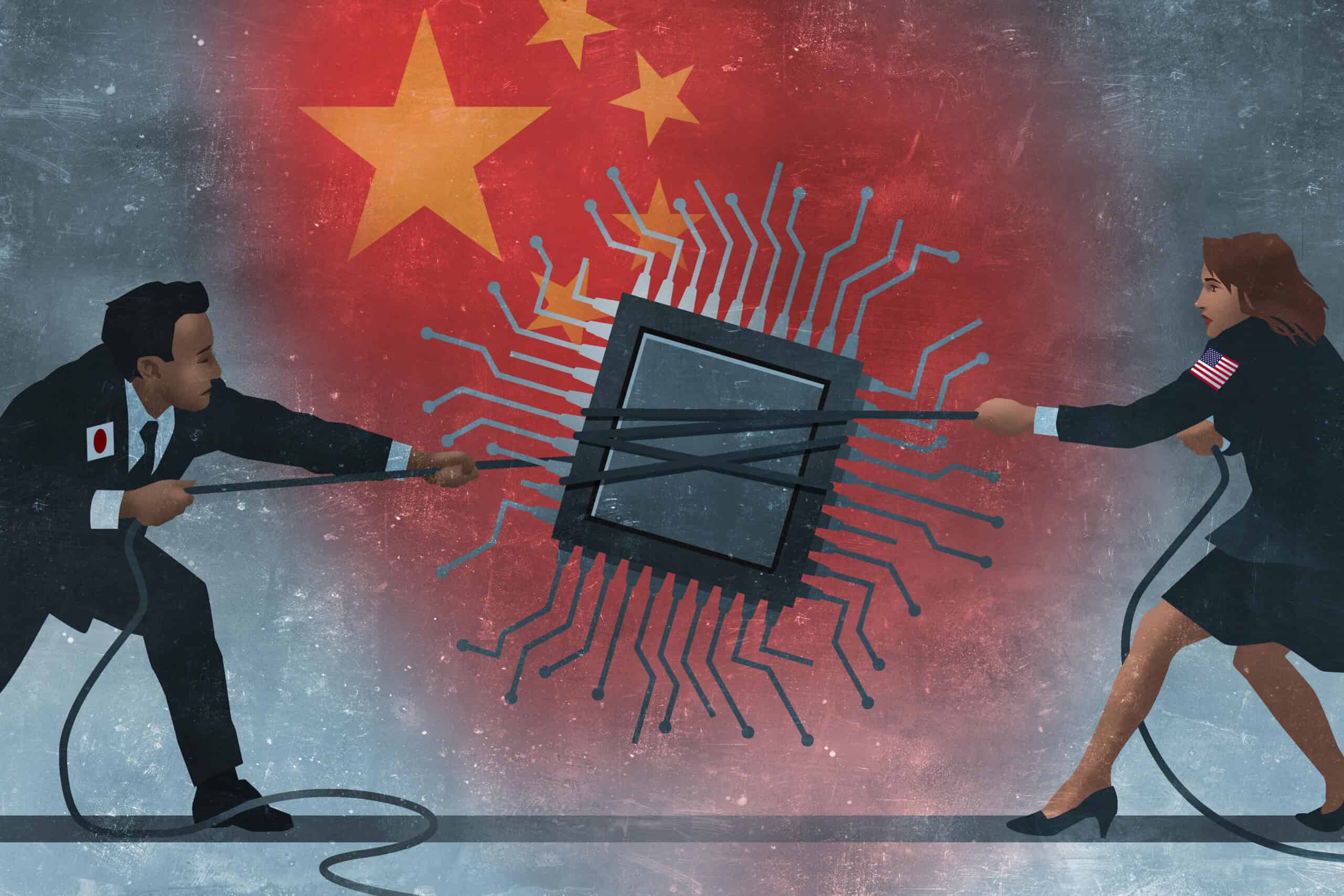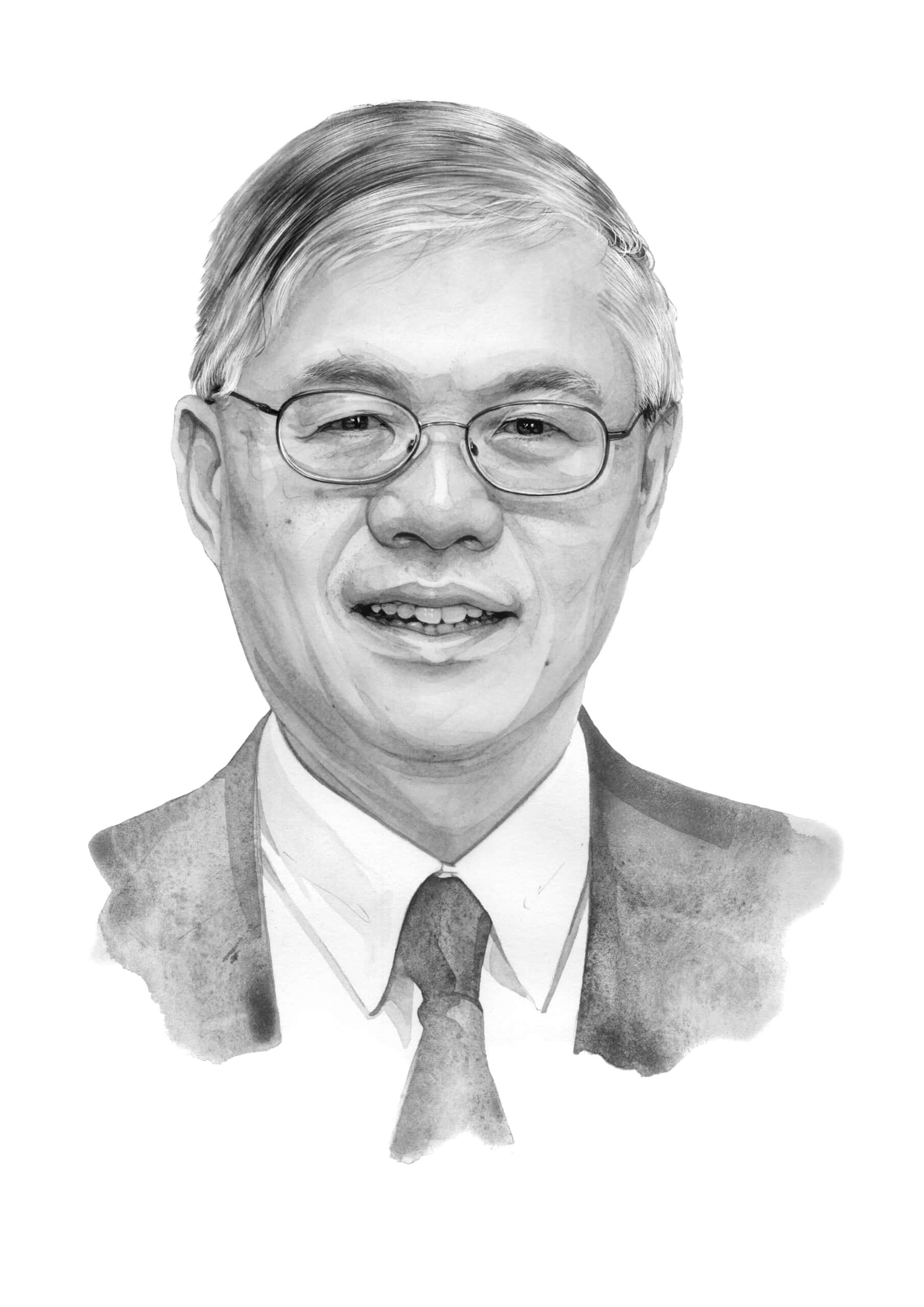Good Morning. Welcome to The Wire’s daily news roundup. Each day, our staff gathers the top China business, finance, and economics headlines from a selection of the world’s leading news organizations.
The Wall Street Journal
U.S. Stock Futures Slip on U.S.-China Tensions — Futures pared their declines after the latest employment report showed the economy added more jobs than expected last month.Trump Executive Orders Target TikTok, WeChat Apps — President Trump issued a pair of
Navigate China's Business Landscape with Confidence.
- Gain visibility into supplier risks
- Easily manage trade compliance
- Conduct in-depth due diligence




